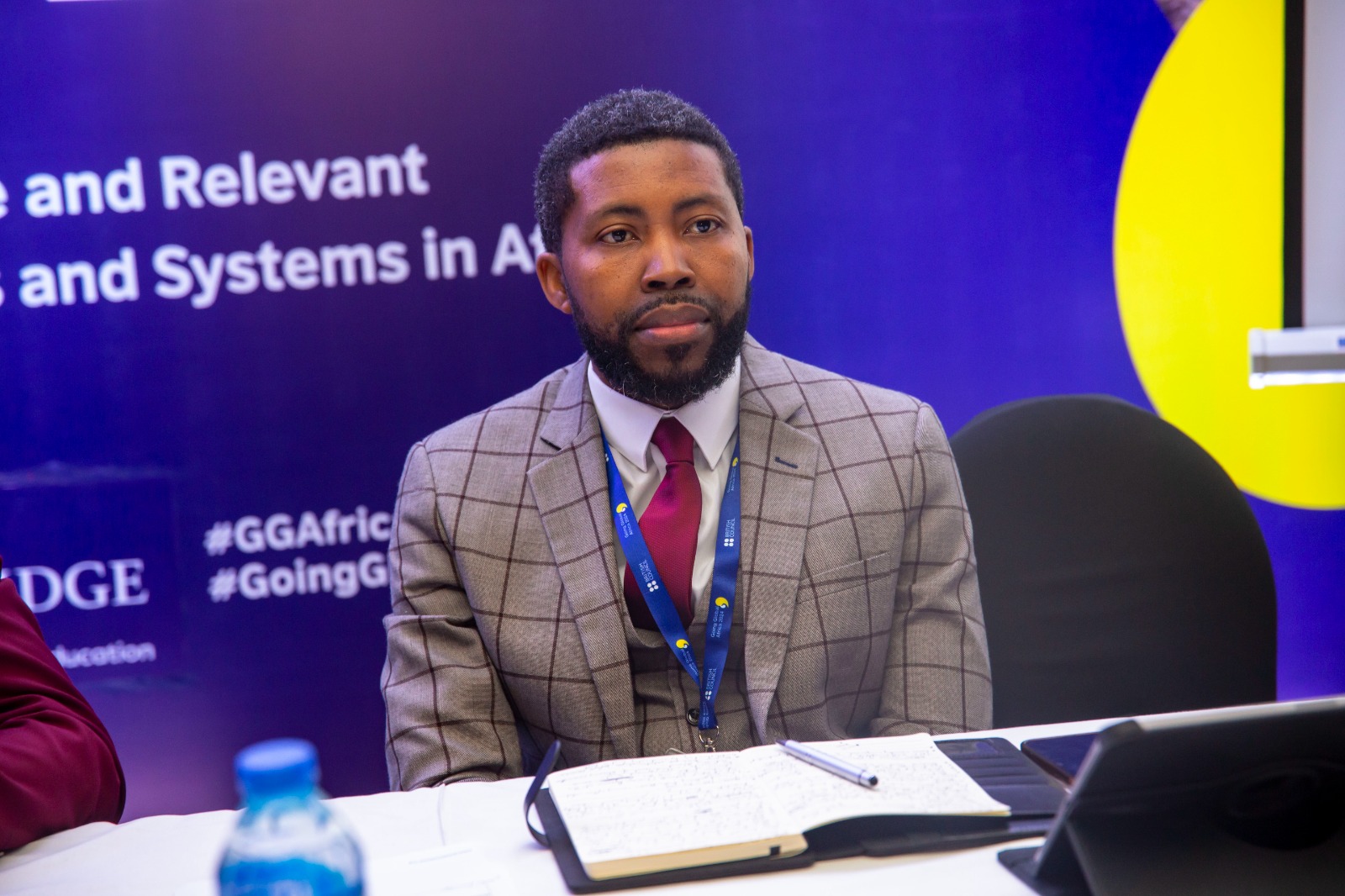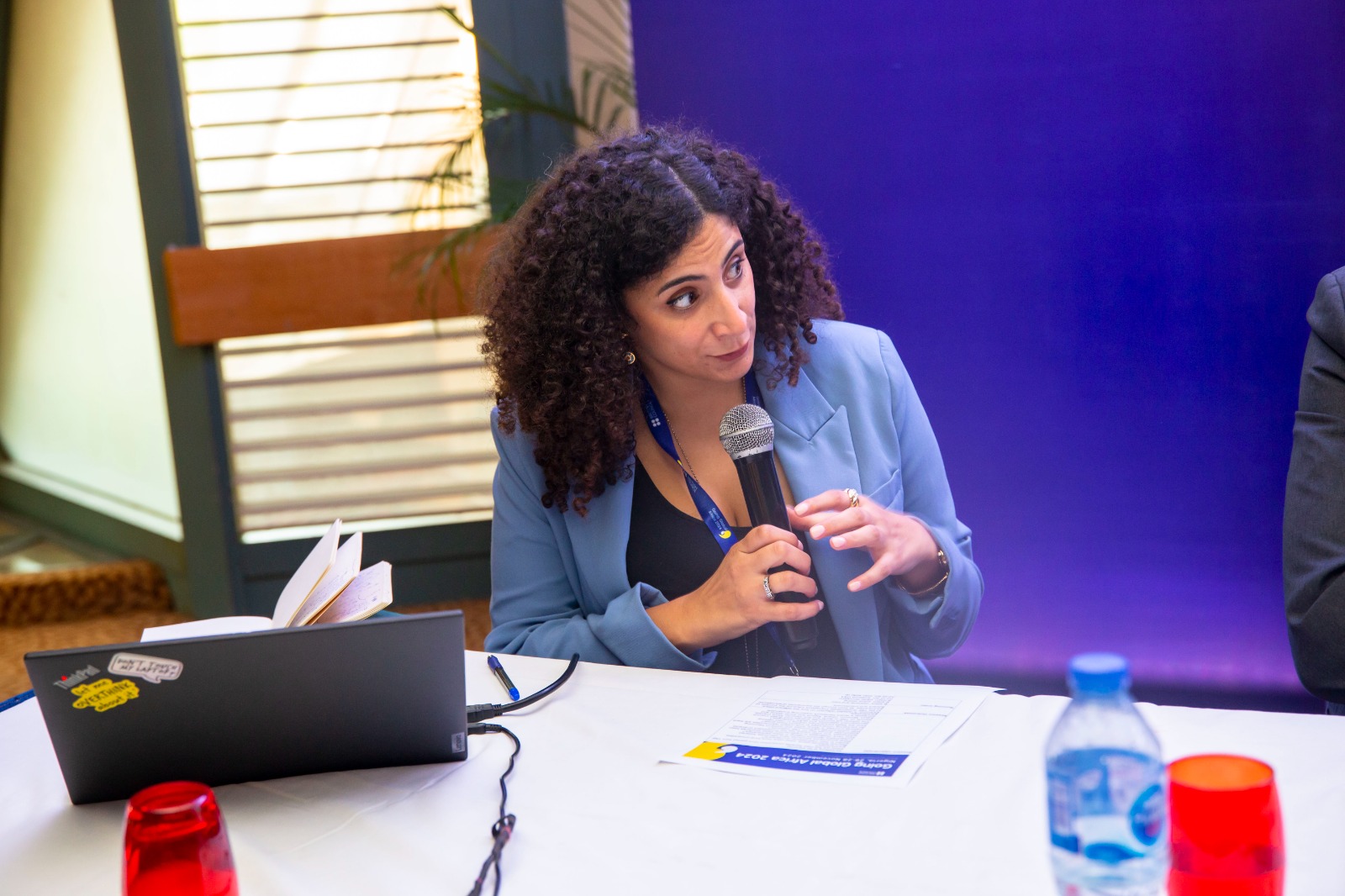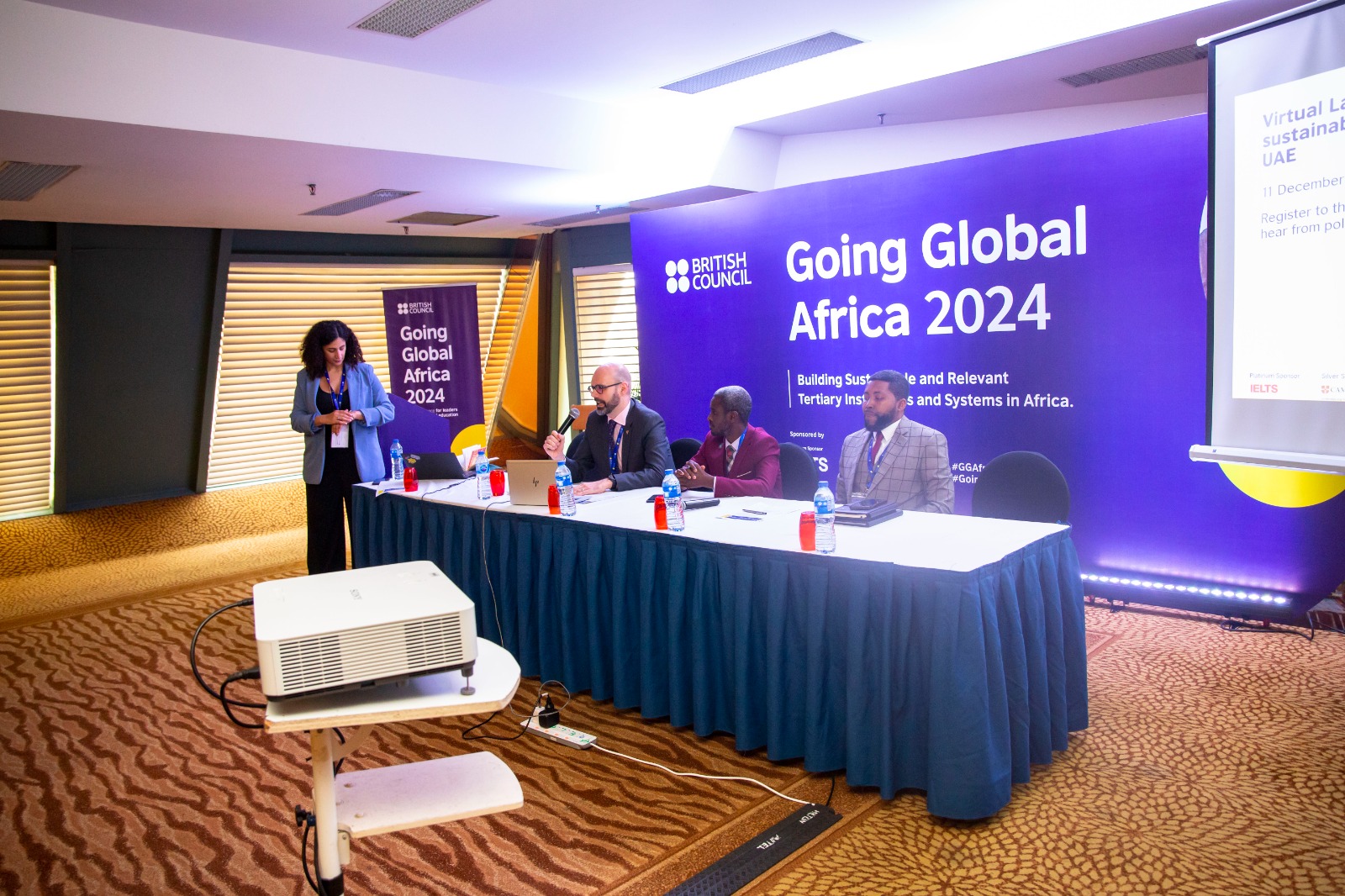The British Council hosted a virtual event to present findings from its latest research on the sustainability of Transnational Education (TNE) in the Middle East and North Africa (MENA) region. The event featured representatives from UK universities, higher education organisations, and ministries, showcasing strategies for establishing robust and impactful educational partnerships.
Expert Contributions and Regional Representation
Prominent speakers included Martin Hope, Global Head of Tertiary Education Partnerships at the British Council; Nesma Mansour Mostafa, Head of MENA Higher Education Insights; Prof.
Mona Hagras, Assistant Secretary General of the Supreme Council of Universities in Egypt; Shannon Stowers, Head of International Policy & Engagement at QAA; and Dr. Nitesh Sughnani, Director of Quality Assurance at the Knowledge & Human Development Authority. Discussions revolved around fostering partnerships that balance resilience with regional impact.
Collaborative Research Across MENA Nations
Conducted with institutions in Egypt, Qatar, and the United Arab Emirates (UAE), the study provided a comprehensive evaluation of UK universities’ ability to forge sustainable and equitable partnerships in the region. Key findings, first unveiled at Going Global 2024 in Abuja, Nigeria, highlighted the transformative potential of TNE in regional education and development.

Country-Specific Insights from the Research
Egypt: Leading the region with 27,865 TNE enrolments in 2022-23, the country is shifting towards domestic TNE programmes due to economic pressures, unlocking new collaboration opportunities.
UAE: A hub for postgraduate education and research, the UAE has adopted flexible learning models driven by its high per capita income, making it a beacon for innovation in TNE.
Qatar: Emphasising flexible, online postgraduate programmes, Qatar aligns TNE initiatives with industry demands, with 45% of its enrolments in these formats, supporting sustainable development goals.
Introducing a Framework for TNE Sustainability
The study introduced a TNE Sustainability Framework built on five core pillars:
Mutual Benefits.
Financial Viability.
Breadth and Depth of Partnerships.

Leadership and People Development.
Mutual Trust and Communication.
This framework provides actionable recommendations for institutions aiming to establish enduring partnerships that align with regional development goals.

Remarks on the Research Findings
Nesma Mostafa, Head of MENA Higher Education Insights, stated “This research reaffirmed the transformative potential of intentional planning and distributed governance in fostering equitable, sustainable partnerships.
It highlights the importance of aligning educational initiatives with developmental and institutional priorities, ensuring that partnerships not only deliver academic excellence but also contribute meaningfully to societal and economic progress.”
Future of TNE in the MENA Region
The virtual event concluded with a panel discussion where experts shared methodologies for building sustainable transnational educational partnerships and addressed participants’ questions regarding the future of TNE in the region.

For more real-time economic news, follow us on our Facebook page here:
The Economic Digest website is an online platform specifically designed to provide users with comprehensive summaries of the most important economic events occurring in global and regional markets.
The aim of the Economic Digest is to offer accurate and concise information about economic developments, making it easier for readers to understand the events.


















